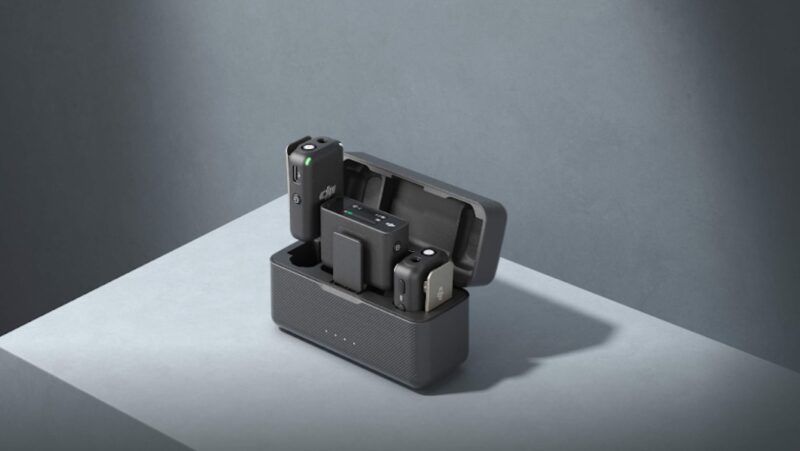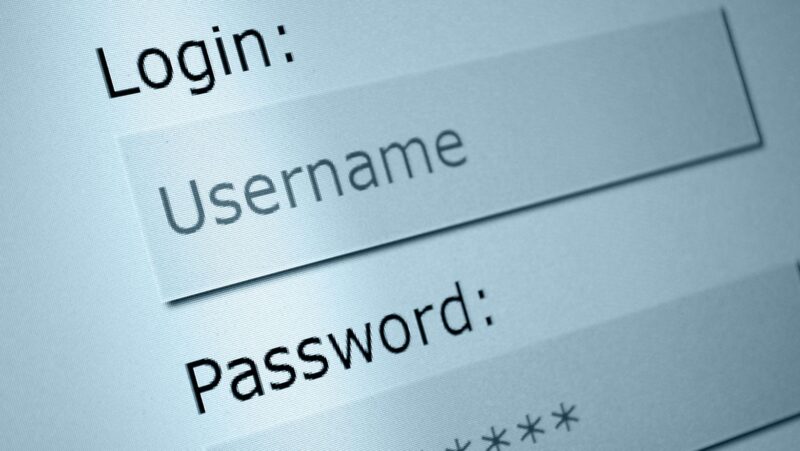
Bitcoin Basics
The bitcoin blockchain is a distributed database that contains a record of all bitcoin transactions. It is stored on a peer-to-peer network of computers that are running the bitcoin software. The bitcoin software is open source, so anyone can verify the accuracy of the bitcoin blockchain.
What is the Bitcoin Blockchain?
The bitcoin blockchain is a record of all the bitcoin transactions that have ever been made. It constantly grows as new blocks are added to it, each containing a cryptographic hash of the previous block, a timestamp, and transaction data. Bitcoin nodes use the blockchain to differentiate legitimate Bitcoin transactions from attempts to re-spend coins that have already been spent elsewhere.
How is the bitcoin blockchain stored
The bitcoin blockchain is a database of all Bitcoin transactions that is shared across a network. It grows as “completed” blocks, which contain a cryptographic hash of the previous block, a timestamp, and transaction data (usually in the form of a Merkle tree), are added to it every 10 minutes.
The blockchain cannot be tampered with by design. It is a secure and permanent open ledger that records transactions between two parties. The data in any given block cannot be changed once it has been recorded, without also changing all subsequent blocks. This would require the majority consensus of the network.
Bitcoin Miners
What is a Bitcoin Miner?
A bitcoin miner is a computer system (or specialized piece of equipment) that validates cryptocurrency transactions by solving complex math problems. This system uses high-powered computers to do this. Miners are rewarded with cryptocurrency for their work, which helps to cover the cost of the powerful hardware and electricity needed to run the system.
The bitcoin blockchain is a record of all bitcoin transactions that have ever been processed. This ledger is stored and kept up-to-date by a decentralized network of computers called miners. In order to add a new transaction to the blockchain, miners must first solve a complex math problem. The first miner to solve the problem (and validate the transaction) is rewarded with cryptocurrency. This process is known as “mining.”

Mining is a costly process in terms of both hardware and electricity, so it’s no wonder that miners often set up shop in countries where electricity is cheap (such as China). However, anyone can join the mining community by running special software on their computer.
Another important element in deciding if mining is worth it is the transaction fee given to miners. When the price of Bitcoin goes up, so does the value of each mined block (since each block has a set number of Bitcoins). This can make up for the increased costs that come with mining, making it more profitable. However, when the price of Bitcoin goes down, mining becomes less profitable and some miners might even have to stop operating.
How do Bitcoin Miners Store the Blockchain?
Bitcoin miners play an important role in keeping the blockchain, which is the public ledger of all Bitcoin transactions, up-to-date. Miners use strong computer processors to guess random numbers, called “hashes.” These hashes are used to unlock new Bitcoin blocks. When a miner correctly guesses a hash, they receive newly minted Bitcoin as a reward and can add the new block of transaction data to the blockchain.
In order to make sure that every miner is working on the same blockchain, they all download a copy of it when they connect to the network. The blockchain has a record of every transaction that has ever happened on the network, so it’s constantly expanding as new transactions are added. The blockchain becomes even bigger as more miners join the network and help validate new blocks.
Bitcoin miners store the entire blockchain on their computer systems in order to keep track of all this data. This way, everyone is working off of the same copy of the data and it prevents fraudsters from trying to spend the same bitcoins twice.
Bitcoin Wallets
There are two primary kinds of bitcoin wallets: a software wallet and a web wallet. A software wallet is a program you can download and install onto your computer or phone. A web wallet is a service accessed through a web browser.
What is a Bitcoin Wallet?
A Bitcoin wallet is a digital wallet that stores your Bitcoin balance. You can use your Bitcoin wallet to send, receive, and store Bitcoin. There are several types of Bitcoin wallets, each with its own advantages and disadvantages.
There are five types of wallets: online wallets, software wallets, hardware wallets, paper wallets, and brain wallets.
Online Wallets: Online Bitcoin wallets, or web wallets, store your private keys online. This means that if your computer is hacked or lost, your Bitcoin is gone with it. While online wallets are convenient, they are also the least secure type of wallet.
Software wallets are digital wallets that you can download onto your computer or phone. They provide you with full control of your private keys and enable you to store your Bitcoin on your own device. Software wallets are secure if you take the appropriate steps to protect them (e.g., encrypting your wallet with a tough password).
Hardware Wallets: Hardware wallets are physical devices that store your private keys in a secure offline environment. They are considered the most secure type of wallet because they cannot be hacked remotely and there is no way to physically lose them (e.g., if your computer is stolen).
Paper wallets are a great way to keep your Bitcoin safe. They are simply pieces of paper with your Bitcoin public and private keys printed on them. Because they cannot be hacked electronically and there is no way to physically lose them, they are considered very secure.
Brain wallets are the least secure type of Bitcoin wallet because they are generated by hashing a passphrase with a cryptographic algorithm to create a private key. If you forget your passphrase, there is no way to recover it or access your Bitcoin balance.
How do Bitcoin Wallets Store the Blockchain?
The blockchain is stored differently depending on the type of bitcoin wallet. Here is a quick look at some of the most common types of wallets:
-Full node wallets: A full node wallet downloads and stores the complete blockchain on your computer. This requires that you have enough storage space to hold the blockchain (which is approximately 160 GB at the moment). Full node wallets are the most secure type of wallet, but they also use the most resources.
SPV wallets are a type of Bitcoin wallet that only downloads a small part of the blockchain. This is enough to verify that the transactions you’re interested in have been recorded in a block. These wallets use fewer resources, but they aren’t as secure because they rely on third-party nodes to relay information about Bitcoin transactions.
Hardware wallets are physical devices that store your private keys and enable you to sign Bitcoin transactions without revealing your private keys to potential attackers. Hardware wallets are often considered to be the most secure type of Bitcoin wallet, but they can also be more expensive than other types of wallets.
Bitcoin Exchanges
Bitcoin exchanges are online platforms that enable you to buy Bitcoins with regular currency, and vice versa. Some well-known exchanges are Coinbase, Bitstamp, and Kraken. These exchanges serve as intermediaries and help to facilitate transactions between buyers and sellers.
What is a Bitcoin Exchange?
A bitcoin exchange is a digital marketplace where traders can buy and sell bitcoins using different fiat currencies or altcoins. A bitcoin currency exchange is an online platform that serves as a middleman between buyers and sellers of the cryptocurrency.
For example, if you want to buy BTC with USD, you would place an order on the exchange. In exchange for the USD deposited into your account on the exchange, the seller would provide the BTC to you.

Bitcoin exchanges are a lot like regular stock exchanges where people can buy and sell shares. Most of these platforms follow KYC (know your customer) and AML (anti-money laundering) guidelines that have been set by regulatory bodies. Some well-known exchanges are Coinbase, Kraken, Binance, and Bitfinex.
How do Bitcoin Exchanges Store the Blockchain?
Bitcoin exchanges are businesses that enable their patrons to trade cryptocurrencies or digital currencies for other assets, such as regular fiat money, or different digital currencies. They can either be market makers that commonly take the bid/ask spreads as transaction commissions for their services, or simply charge fees as a matching platform.
The exchange stores the blockchain on its server. When a customer wants to buy bitcoins, the exchange checks its blockchain to see if there are enough bitcoins available. If there aren’t enough bitcoins available, the customer can’t buy them. If there are enough bitcoins available, the customer’s order is executed and the bitcoins are transferred to the customer’s account.
Bitcoin Services
What is a Bitcoin Service?
A Bitcoin service is any type of company that allows customers to buy, sell, or trade Bitcoins for other products or services. Bitcoin services can be either physical or online businesses.
Physical Bitcoin services are businesses that allow customers to buy, sell, or trade Bitcoins in person. These businesses typically have a physical location where customers can go to conduct transactions. Online Bitcoin services are businesses that allow customers to buy, sell, or trade Bitcoins online. These businesses typically have an online presence where customers can go to conduct transactions.
How do Bitcoin Services Store the Blockchain?
Bitcoin services store the blockchain to keep a record of all bitcoin transactions that have transpired. The blockchain is a public ledger that contains information about every single bitcoin transaction that has ever happened. This data is stored in blocks, and each block is connected to the prior block in the chain. In order to add new blocks of transaction data to the blockchain, Bitcoin services need a copy of the entire blockchain. They do this by running a full node.
For more check out Bitcoin News.






